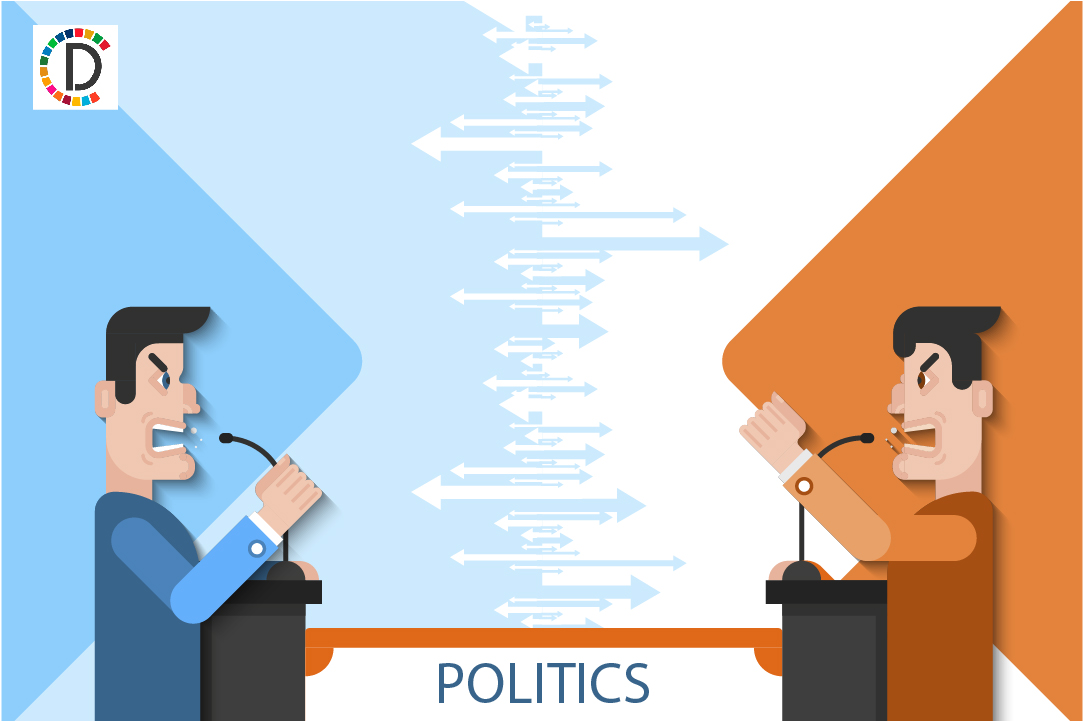A Crisis in Korean Democracy: Yoon Suk Yeol's Martial Law and Impeachment Battle
South Korean President Yoon Suk Yeol faces impeachment and possible removal from office following his controversial declaration of martial law last year. His actions have sparked intense political unrest and legal challenges, putting South Korea's democratic resilience to the test.

- Country:
- South Korea
South Korea stands at a critical juncture as the Constitutional Court deliberates the fate of President Yoon Suk Yeol. Impeached over his abrupt imposition of martial law, Yoon's legal battle underscores deep political divides within the country. His conservative supporters have protested aggressively, casting doubt on the judiciary's impartiality.
The president's declaration of martial law, ostensibly to counter what he terms anti-state activities by liberal lawmakers, has been contested both legally and politically. Detractors argue Yoon bypassed constitutional processes, unilaterally deciding on emergency powers without proper Cabinet consultations. His actions have invited domestic and international scrutiny, with potential ramifications for Korea's political stability.
The Constitutional Court's impending decision, expected by March, will either uphold or overturn the National Assembly's impeachment. A verdict to remove Yoon could lead to a swift presidential by-election, questioning electoral integrity amid public unrest. Conversely, if reinstated, Yoon's victory could inflame partisan tensions in a nation navigating profound democratic challenges.
(With inputs from agencies.)
ALSO READ
Taiwan's Diplomatic Stand: Supporting Democracy, Freedom, and Allies
Youth Protests and Democracy: An Unyielding Battle
Constitution gives strong democracy where everyone is equal: PM Modi at Madurai NDA rally.
At Madurai NDA rally, PM Modi praises Dr Ambedkar for giving Constitution to nation which assures strong democracy.
Justice and Politics: The Tenuous Balance in Indian Democracy










